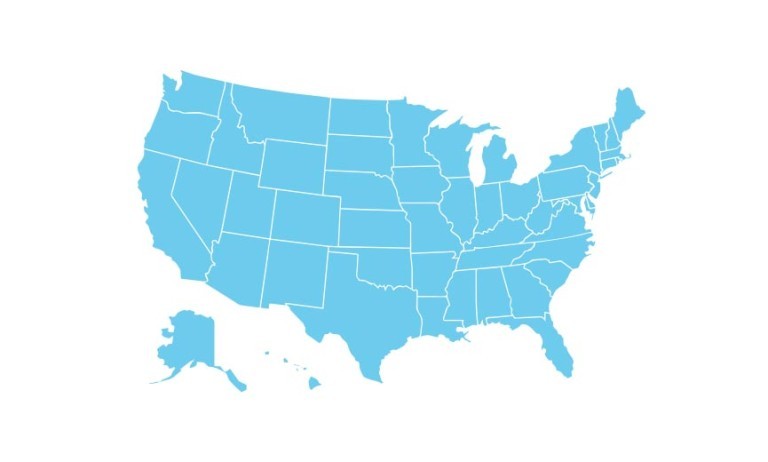Business Resources to Help You and Your Employees

No Tax on Overtime and Tips: The New IRS Rules
Los propietarios de empresas y los responsables de las nóminas que buscan información sobre cómo gestionar la distribución de propinas y el pago de horas extras dobles para garantizar la precisión de los formularios W-2, así como responder a las preguntas de los empleados sobre la compensación calificada bajo las disposiciones exentas de impuestos de la Ley Fiscal de 2025, pueden beneficiarse de este seminario web a demanda.
Partial Shutdown Hits DHS
The continuing resolution funding Homeland Security lapsed and failure by Congress to agree upon a long-term solution triggered a partial shutdown that impacts the DHS and related agencies such as FEMA and TSA. Travel and federal disaster relief could be delayed because of furloughs. Plan accordingly to offset any potential challenges, including a checklist and <a href="https://www.paychex.com/articles/human-resources/business-natural-disaster-preparation">business continuity plan</a>.
All Resources
Podcasts de negocios
Paychex Thrive, a Business Podcast
Navigate the dynamics of today's business climate.

Paychex Pulse, an HR Podcast
The issues facing today's human resource leaders and managers.










